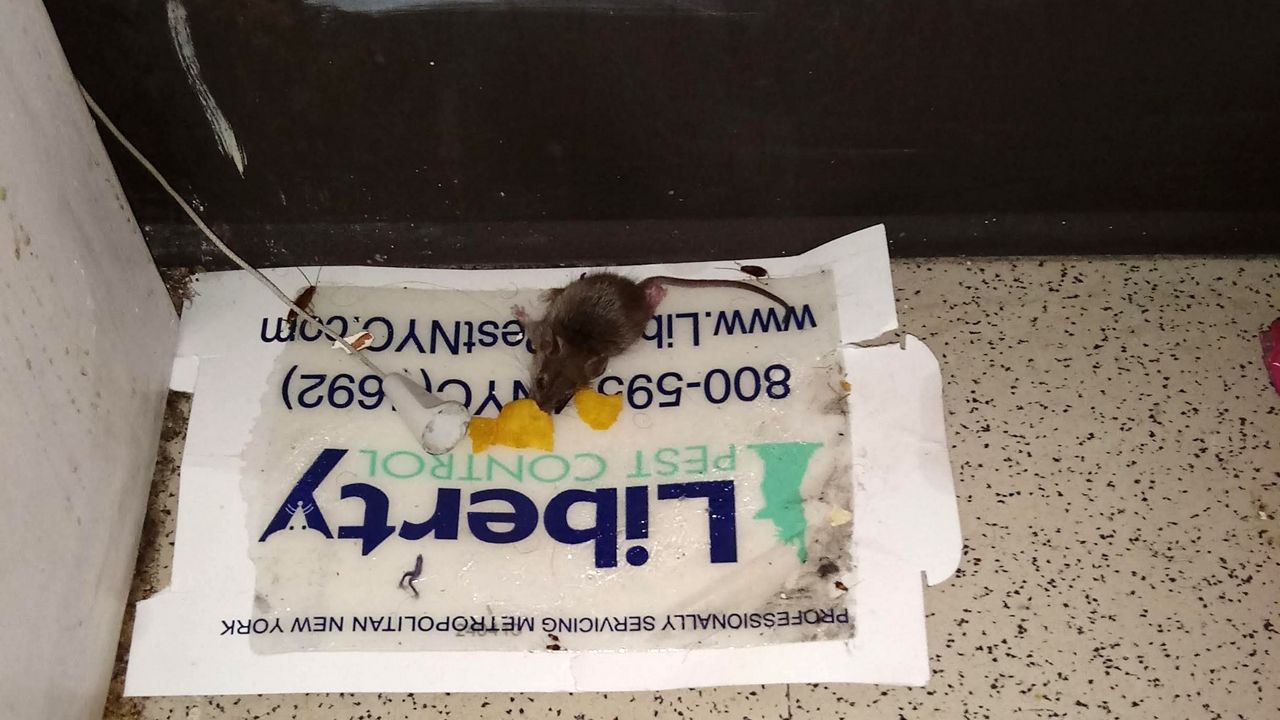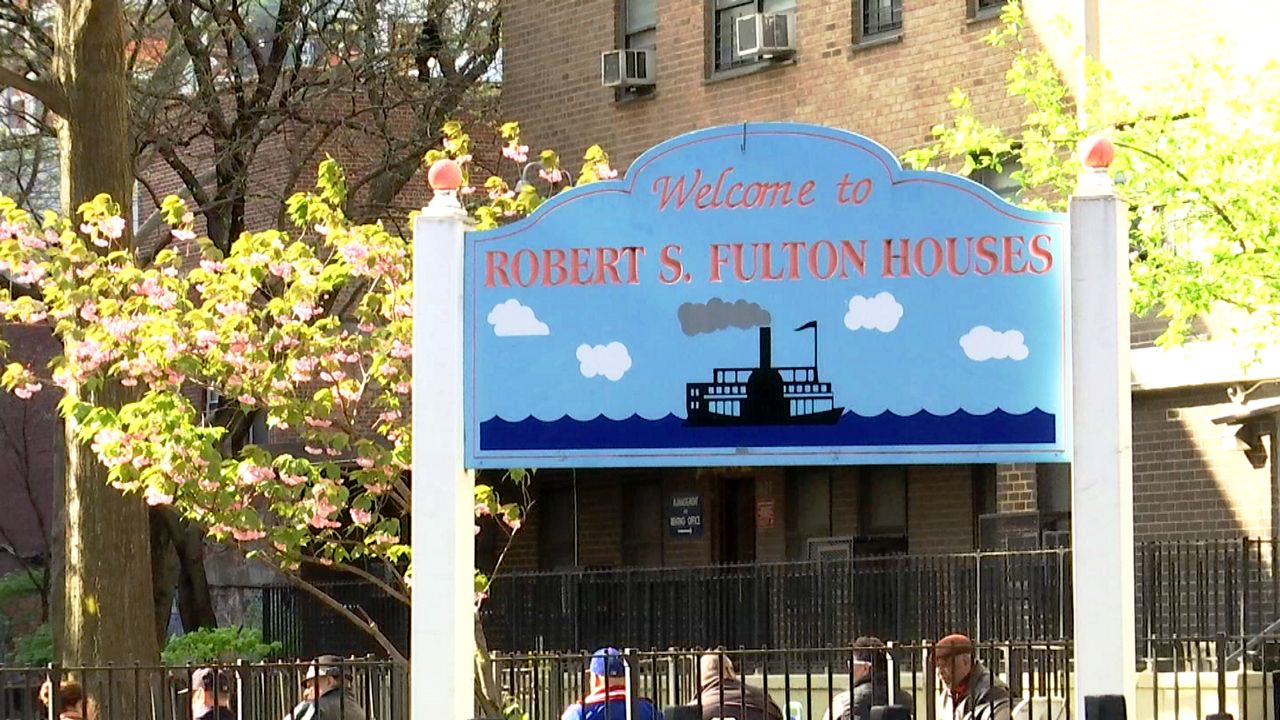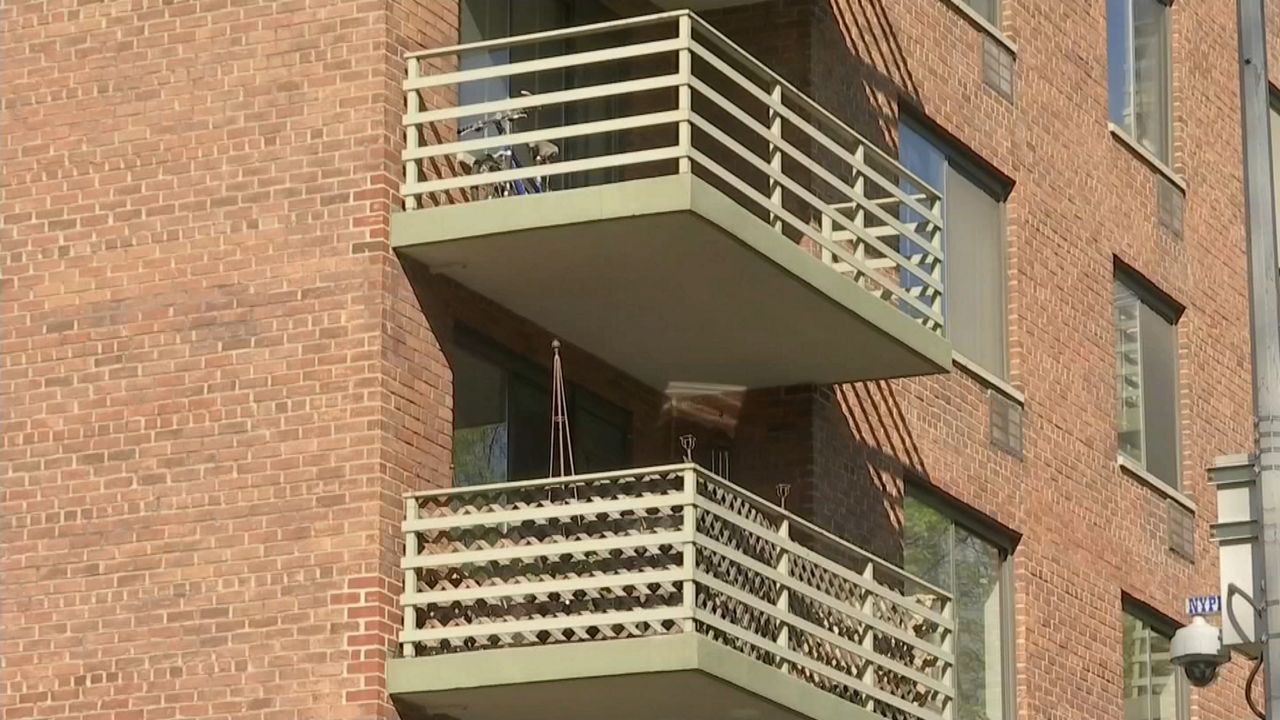NEW YORK CITY — Sean Noriega seethed as medics took away his neighbor Denise Kingsberry, in part because she wasn’t the first person he’d seen carried out of his building, but also because he didn’t know who would be next.
“It’s just a very, very dangerous situation,” Noriega said. “I’m really afraid someone is going to have a heart attack.”
Harlem Hospital doctors treated Kingsberry for an asthma attack later that day, then told the 56-year-old — who suffers from respiratory problems and three herniated discs in her back — words she didn’t want to hear.
“The doctors said I shouldn’t be taking the stairs,” Kingsberry said. “I don’t know what’s going, I do know I need the elevator badly.”
Noriega and Kingsberry live at Gema Hall, a single-room-occupancy building in Harlem that multiple residents said, and city records confirm, has long been crawling with roaches and mice.
But when the elevator went out in March, and New York City entered into lockdown amid the novel coronavirus pandemic, what was once a problematic home became something much worse.
“We’re prisoners in our own house,” Noriega said.
Visitors were no longer allowed inside the seven-story building, Noreiga said, which meant residents were forced to carry groceries up tall flights of stairs too narrow to allow the use of carts or walkers.
Then, the arrival of summer brought heat that burned in the corridors and Gema Hall’s small rooms, which residents are not allowed to fit with air conditioners without a doctor’s note.
Resident Alfredo Ramos, 52, said he isn’t allowed to have an air conditioner even though he suffers from asthma, nerve damage and migraines all exacerbated by extreme heat.
“The AC, it helps a lot,” Ramos said. Without air conditioning, he said, “it’s painful.”
The seven-story building at 31 W. 124th Street is owned by Columba Kavanagh House, a nonprofit that bought the building in 1990 and opened Gema Hall three years later, according to city records and the company website.
It’s home to 87 bedrooms, with access to shared kitchens and bathrooms, which low-income New Yorkers can rent at city-set prices and with subsidies from Section 8.
Tax records show the nonprofit earned more than $800,000 in revenue in 2018. About $110,000 went to CEO Millie Otero.
NY1 reached out to building management for a response to this story and received a response for Otero, who said she would not comment.
Gema Hall has racked up nearly $7,000 in fines and more than 30 Department of Building violations related to elevator repair and maintenance, city records show.
A DOB inspector was sent to Gema Hall Wednesday afternoon to examine the elevator, agency spokesperson Andrew Rudansky said.
The building has also received nine violations in the past year with the Department of Housing Preservation and Development for paint problems, mice and roaches, the department's website shows.
Ramos said he “knew nothing about bed bugs” until he moved to Gema Hall, and has since seen neighbors battle all kinds of rodents.
Noreiga described roaches crawling out of toilets and kitchen sinks. Both Ramos and Noriega told the story of a man bitten by a mouse on the back of his head, and Kingsberry said she witnessed a mouse in her neighbor’s bed.
“This is ridiculous,” said Kingsberry. “They're like slumlords."
Kingsberry has since returned home, where she faced a climb up six flights of steps to the third floor, because the elevator has not yet been repaired.
"It was horrible," Kinsberry said. "It’s scary when you can’t breathe."





 RALLY - NYCHA High Rise Plan CGPKG)

